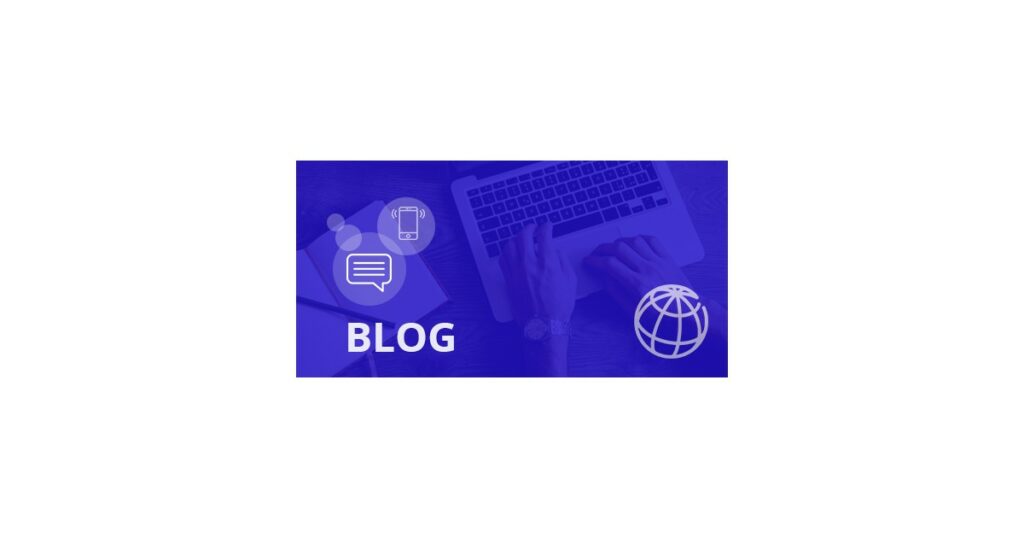Like many others in Liberia, Thomas Wayne
relies on forests to make a living and support his family.
(Photo: Flore de Preneuf / PROFOR)
It’s not very often that the end of a talk is as exciting as its beginning. Perhaps that should be expected when one witnesses historical moments in time—what can be called true game changers. Harrison Karnwea, the managing director of Liberia’s Forestry Development Authority (FDA), recently joined us at the World Bank, just days after the
UN Climate Summit in New York and the signing of a
$150 million grant Letter of Intent for a Forests REDD+ program between his country and Norway to be facilitated by the World Bank.
Under the agreement, Liberia and Norway will work together to improve the framework for forest governance, strengthen law enforcement and support efforts to reduce greenhouse gas emissions from deforestation and forest degradation in Liberia. Improved governance and adequate law enforcement in the forest sector and agriculture impede further destruction of Liberia’s rainforests and aim to avoid illegal logging and unsustainable agricultural practices. In a country where timber was once used to purchase weapons and helped fuel a devastating civil war, the partnership holds promise to reduce carbon emissions related to deforestation and forest degradation, facilitate green growth and enhance livelihoods.
Liberia has a population of approximately 3.5 million people and 4.5 million hectares of lowland tropical forests—one of the largest contiguous forest blocks that remains in West Africa. Liberia’s forests are also widely recognized as a global hotspot of diversity, boasting flora and fauna (like pygmy hippos) that is both rare and at risk.
Liberia plans to conserve 30 percent or more of its forests as protected areas with the remainder to be used for sustainable forest management and community forestry.
The agreement arrives at a pivotal moment for the country, particularly as it grapples with the largest Ebola epidemic in history. Liberia is one of the world’s poorest countries, and has also been one of the hardest hit. The timeliness of this new partnership with Norway may help stem, in the long-term, the part of the economic impact the epidemic has had on the country.
The World Bank has been providing technical assistance to Liberia’s forest sector since 2004, assisting the country in meeting conditions required to lift sanctions under the Liberia Forestry Initiative. During that period, it contributed to the Forest Concession Review, forest inventory, protected areas management and supported the legal reforms for sustainable forests management and community forestry. It also provided extensive financing through trust funds for
a modern chain-of-custody system to ensure that only legal timber is exported and revenues collected. Despite the many reforms, commercial logging was slow to pick up and did not bring the expected revenues to the communities or to the Government.
Mr. Karnwea offered us a sneak peek into the history of commercial logging in Liberia and how the World Bank and civil society have assisted the Government in developing an alternative solution with the Liberian National REDD+ strategy supported by the
Forest Carbon Partnership (FCPF).
REDD+ stands for countries’ efforts to
reduce
emissions from
deforestation and forest
degradation, and foster conservation, sustainable management of forests, and enhancement of forest carbon stocks.
Mr. Karnwea plans to apply the “4Cs” approach—
communities,
commercial,
conservation and now,
carbon—which he says will offer a balanced system on how to use Liberia’s forests for poverty reduction, shared prosperity and long term sustainability, and include consultations with local communities.
He also shared his vision for the transformation of Liberia’s forest going forward. Despite the recent past, his main focus is on “good governance”, “long-term stability,” “community rights” and increased transparency. This agreement is a bright spot between Liberia, Norway and the World Bank that shows how remaining engaged in this difficult sector, even with technical assistance projects or
Global Environment Facility (GEF), in a challenging but important sector, in the long term, pays off.
Source link : https://blogs.worldbank.org/en/voices/liberia-norway-and-world-bank-partner-sustainable-forest-management
Author :
Publish date : 2014-11-25 08:00:00
Copyright for syndicated content belongs to the linked Source.
